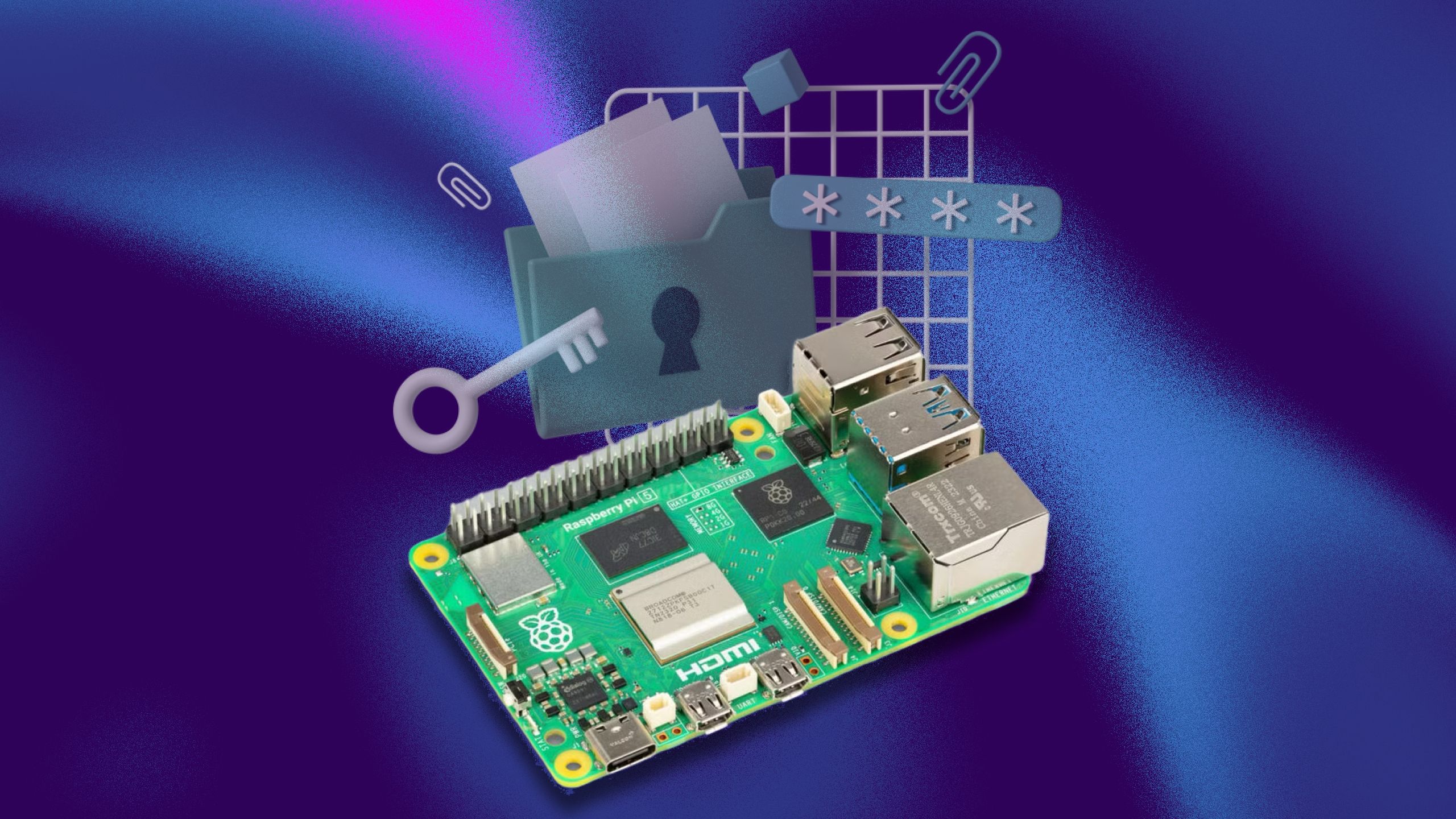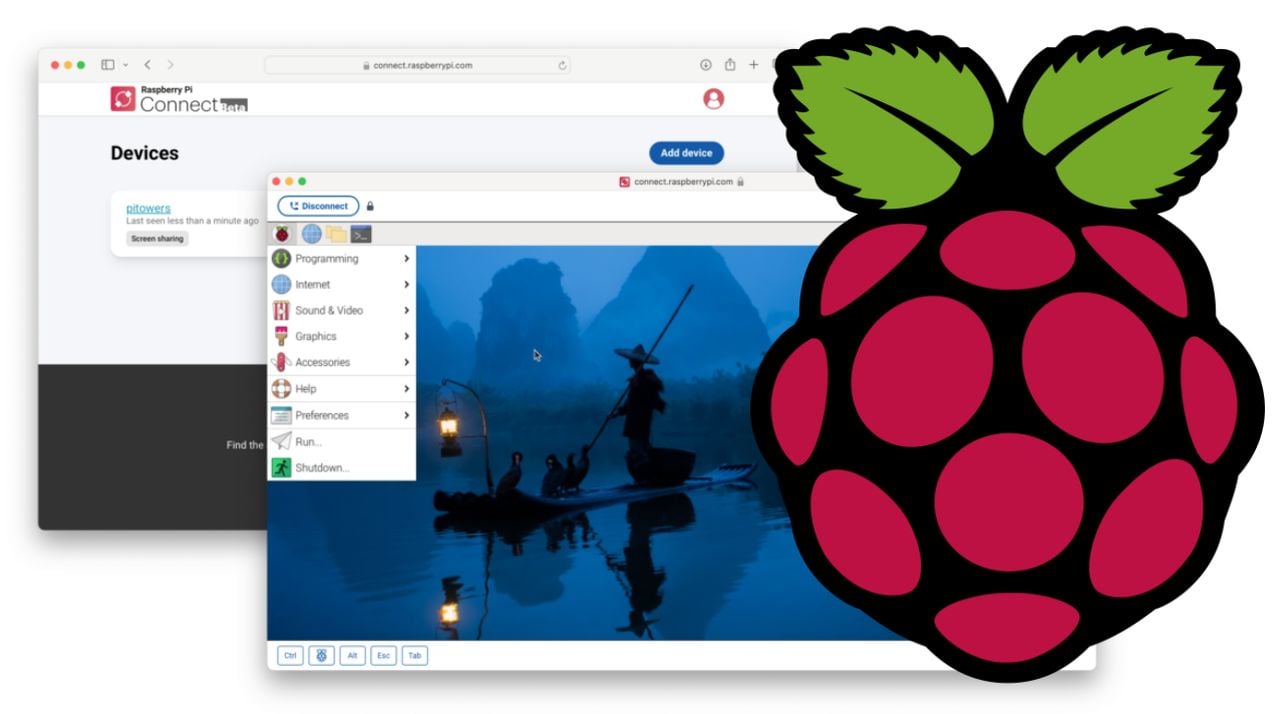Best RemoteIoT Platform Raspberry Pi: Your Ultimate Guide To IoT Mastery
Imagine this: a tiny device with the power to connect your entire smart home, monitor weather conditions, or even automate industrial processes. That’s exactly what Raspberry Pi brings to the table. But here’s the kicker – to unlock its full potential, you need the best RemoteIoT platform for Raspberry Pi. And that’s where this guide comes in!
Nowadays, the Internet of Things (IoT) isn’t just a buzzword; it’s a game-changer for both tech enthusiasts and businesses. Whether you're building a DIY smart home project or developing an enterprise-grade solution, choosing the right RemoteIoT platform for Raspberry Pi can make or break your success. But let’s face it – the options are overwhelming, and not all platforms are created equal.
In this article, we’ll dive deep into the world of Raspberry Pi and RemoteIoT platforms. From must-know features to top contenders in the market, we’ve got you covered. By the end of this read, you’ll be equipped with the knowledge to pick the best RemoteIoT platform for your Raspberry Pi projects. Let’s get started, shall we?
Table of Contents
Raspberry Pi: A Quick Overview
Key Features to Look for in a RemoteIoT Platform
Top RemoteIoT Platforms for Raspberry Pi
Comparison of RemoteIoT Platforms
How to Choose the Best RemoteIoT Platform
Benefits of Using a RemoteIoT Platform
Common Challenges and Solutions
Future Trends in RemoteIoT Platforms
What is a RemoteIoT Platform?
Alright, let’s break it down. A RemoteIoT platform is basically the backbone of your IoT projects. Think of it as the control center that connects all your devices, manages data, and enables remote access. Without a solid platform, your Raspberry Pi project might as well be a glorified paperweight.
These platforms provide tools for device management, data analytics, and real-time monitoring. They also offer security features to protect your data from prying eyes. In short, a good RemoteIoT platform makes your life easier and your projects smarter.
Why Does Raspberry Pi Need a RemoteIoT Platform?
Raspberry Pi is awesome on its own, but when paired with a RemoteIoT platform, it becomes unstoppable. Here’s why:
- Enhanced connectivity options
- Streamlined data processing
- Improved security measures
- Remote access capabilities
Raspberry Pi: A Quick Overview
Raspberry Pi is like the Swiss Army knife of the tech world. This credit-card-sized computer has taken the maker community by storm. It’s affordable, versatile, and packed with features that make it perfect for IoT projects.
From its humble beginnings as an educational tool, Raspberry Pi has evolved into a powerhouse for hobbyists and professionals alike. With multiple models available, there’s a Pi for every project, whether you’re building a simple home automation system or a complex industrial solution.
Raspberry Pi Models and Their Features
Here’s a quick rundown of the most popular Raspberry Pi models:
- Raspberry Pi 4 Model B: The latest and greatest, featuring a quad-core processor and up to 8GB of RAM.
- Raspberry Pi 3 Model B+: A solid choice for most projects, offering decent performance at a lower price point.
- Raspberry Pi Zero W: The budget-friendly option, perfect for lightweight applications.
Key Features to Look for in a RemoteIoT Platform
Not all RemoteIoT platforms are created equal. To find the best one for your Raspberry Pi projects, you need to know what to look for. Here are some key features:
1. Device Management
Managing multiple devices is a breeze with the right platform. Look for features like over-the-air updates, device provisioning, and remote configuration.
2. Data Analytics
Data is king in the IoT world. A good platform should provide tools for data collection, processing, and visualization. This will help you make informed decisions based on real-time insights.
3. Security
Security should never be an afterthought. Ensure the platform offers robust encryption, authentication, and access control to protect your data and devices.
4. Scalability
Your project might start small, but you never know where it might lead. Choose a platform that can grow with you, supporting more devices and increased data loads.
Top RemoteIoT Platforms for Raspberry Pi
Now that you know what to look for, let’s take a look at some of the top RemoteIoT platforms for Raspberry Pi.
1. AWS IoT Core
Amazon Web Services (AWS) is a giant in the cloud computing world, and their IoT Core platform is no exception. It offers seamless integration with other AWS services, making it a great choice for large-scale projects. Plus, it’s highly scalable and secure.
2. Microsoft Azure IoT Hub
Microsoft’s Azure IoT Hub is another heavyweight in the RemoteIoT platform arena. It provides robust device management, advanced analytics, and tight security. If you’re already using other Azure services, this might be the perfect fit for you.
3. IBM Watson IoT Platform
IBM’s Watson IoT Platform is all about cognitive computing. It uses AI to analyze data and provide actionable insights. If you’re looking to take your IoT projects to the next level with machine learning, this platform is worth considering.
4. Losant
Losant is a user-friendly platform that’s great for both beginners and professionals. It offers drag-and-drop workflows, real-time data visualization, and easy integration with Raspberry Pi. Plus, it’s affordable and scalable.
5. Thinger.io
Thinger.io is a cloud-based IoT platform that’s specifically designed for Raspberry Pi. It’s easy to set up, offers a free tier for small projects, and provides powerful features like device management and data analytics.
Comparison of RemoteIoT Platforms
Choosing the best RemoteIoT platform can be tough, so here’s a quick comparison to help you decide:
| Platform | Device Management | Data Analytics | Security | Scalability | Price |
|---|---|---|---|---|---|
| AWS IoT Core | Excellent | Advanced | High | Unlimited | Paid |
| Microsoft Azure IoT Hub | Excellent | Advanced | High | Unlimited | Paid |
| IBM Watson IoT Platform | Good | AI-Powered | High | Unlimited | Paid |
| Losant | Good | Basic | Good | Limited | Free/Paid |
| Thinger.io | Good | Basic | Good | Limited | Free/Paid |
How to Choose the Best RemoteIoT Platform
Picking the right platform depends on your specific needs and budget. Here’s a step-by-step guide:
1. Define Your Requirements
What do you need the platform to do? Are you building a simple home automation system or a complex industrial solution? Knowing your requirements will help you narrow down the options.
2. Evaluate Features
Compare the features of each platform against your requirements. Make sure the platform ticks all the boxes, especially in terms of device management, data analytics, and security.
3. Consider Scalability
Think about the future of your project. Will the platform be able to handle growth without breaking the bank? Scalability is key to long-term success.
4. Check Pricing
Budget matters. While some platforms offer free tiers, others require a significant investment. Make sure the platform fits within your financial constraints.
Benefits of Using a RemoteIoT Platform
Using a RemoteIoT platform for your Raspberry Pi projects comes with numerous benefits:
1. Simplified Development
With pre-built tools and libraries, you can focus on the core functionality of your project rather than reinventing the wheel.
2. Enhanced Security
Built-in security features protect your data and devices from potential threats, giving you peace of mind.
3. Real-Time Monitoring
Stay on top of your projects with real-time data visualization and alerts. This allows you to make informed decisions quickly.
4. Scalability
As your project grows, the platform grows with you, ensuring smooth operation no matter the size.
Common Challenges and Solutions
While RemoteIoT platforms offer many benefits, they’re not without challenges. Here are some common issues and how to overcome them:
1. Complexity
Some platforms can be overwhelming for beginners. Start with a user-friendly platform like Losant or Thinger.io, and gradually move to more advanced options as you gain experience.
2. Cost
Premium platforms can be expensive. Look for platforms with free tiers or affordable pricing plans to keep costs under control.
3. Integration
Not all platforms play well with others. Ensure the platform you choose supports seamless integration with Raspberry Pi and other devices you plan to use.
Future Trends in RemoteIoT Platforms
The IoT landscape is evolving rapidly, and RemoteIoT platforms are no exception. Here’s what to expect in the future:
1. Increased AI Integration
AI will play a bigger role in data analytics and decision-making, making platforms smarter and more efficient.
2. Edge Computing
With the rise of edge computing, platforms will focus more on processing data locally rather than relying solely on the cloud.
3. Enhanced Security
As cyber threats become more sophisticated, platforms will invest more in advanced security measures to protect user data.
Conclusion
Choosing the best RemoteIoT platform for Raspberry Pi can seem daunting, but with the right information, it doesn’t have to be. From AWS IoT Core to Thinger.io, there’s a platform out there for every project and budget.
Remember to consider your specific needs, evaluate features, and think about scalability when making your decision. And don’t forget – security should always be a top priority.
So, what are you waiting for? Dive into the world of IoT and let your Raspberry Pi projects soar. Don’t forget to share your thoughts and experiences in the comments below. Happy tinkering!


